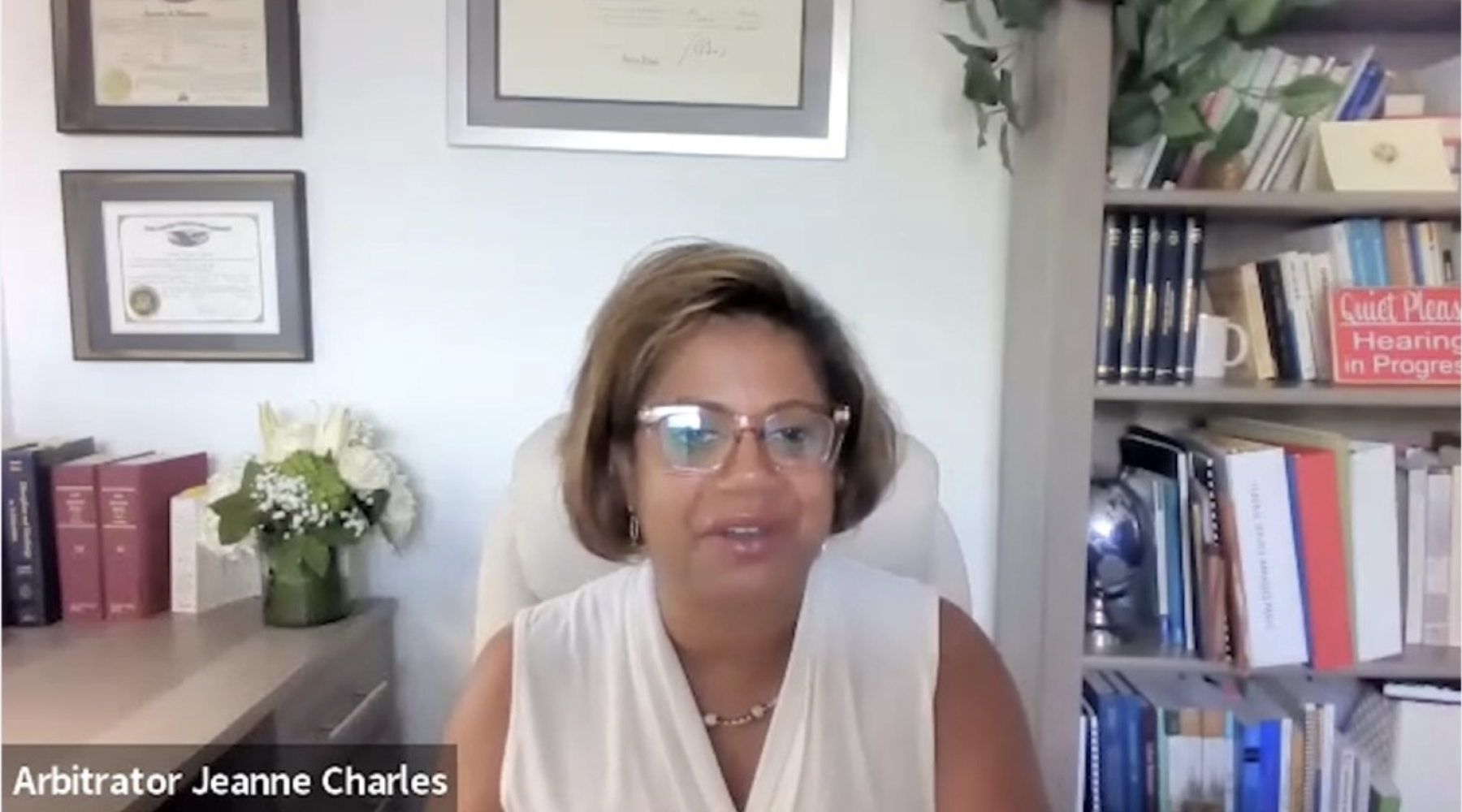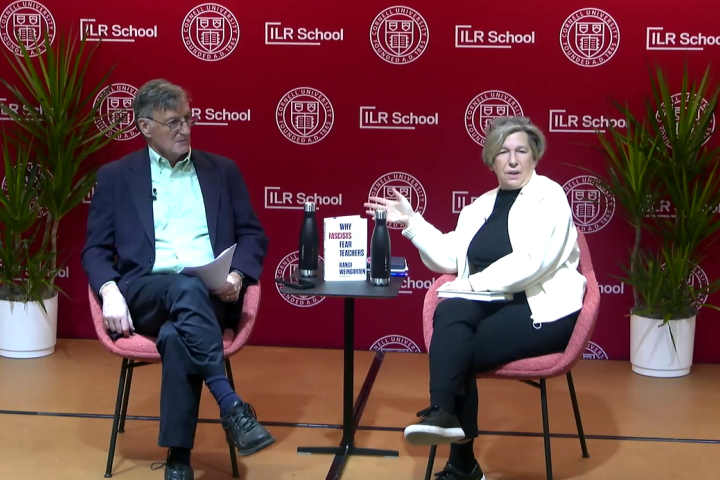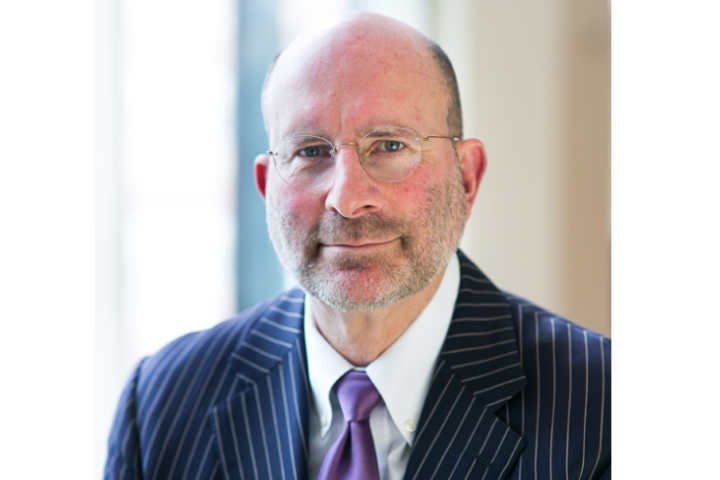
Scheinman Institute Hosts “Paths to Becoming a Labor Arbitrator” Webinar
Written by Scheinman Institute Newsletter & Blog Editor Cameron Hines, BSILR '25
Aspiring neutrals are often unaware of the multiple pathways into the profession. Recently, the Scheinman Institute hosted a webinar focusing on ways to enter the dispute resolution field. This initiative is one of a series of efforts by the Institute to create a more inclusive arbitration profession.
Institute Director of Labor-Management Relations Programs and labor arbitrator Ellen Gallin Procida and Director of Conflict Programs and mediator Katrina Nobles and moderated the discussion. Noted arbitrators Jeanne Charles, Haydee Rosario, Keith Greenberg, DeAndra Roache, and Sarah Miller Espinosa, who is also a Senior Extension Associate at the Institute, shared their experiences and insights.
When polled, approximately half (46%) of the virtual audience reported wanting to enter the arbitration profession within the next five years but had concerns about doing so. Over 25% of participants stated that their biggest fear with beginning an arbitration business related to obtaining a sustainable flow of income, whereas 22% claimed finding a mentor was their greatest obstacle.
In sharing information about their professional background as well as tips for newcomers, the panelists hoped to share ideas for how individuals can succeed in the alternative dispute resolution (ADR) field.
Jeanne Charles, seconded by the other arbitrators, began the panel discussion by telling audience members that the two major components of becoming an arbitrator are acceptability and subject matter expertise. Elaborating, Charles said that ambitious professionals can develop their acceptability by joining ADR organizations and speaking at networking events. ADR training courses, Charles said, led by educational centers such as the Scheinman Institute, can help neutrals develop their expertise.
Other pieces of advice given during the event included having patience and being strategic about approaching the profession.
Haydee Rosario, for instance, noted that building a steady flow of business can take neutrals 2-3 years and that while participating in local bar association and Labor & Employment Relations Association (LERA) events can speed up the clientele-building process, career accomplishments may not come overnight, and professionals must understand this process.
Adding on to this point, Keith Greenberg stated that creating an in-home office (rather than renting office space) can play a significant role in reducing overhead expenses for young arbitrators and that trying to identify one’s obstacles early on can keep expectations in check.
DeAndra Roache and Sarah Espinosa stressed the important role neutrals with unique career experience can play in the system, with these panelists discussing how their experiences in labor relations, mediation, and ombuds work, respectively, have helped them gain perspective in their arbitration careers.
Other tips the panelists expressed included the helpfulness of a law degree, the importance of prospective arbitrators being skilled in writing, and the fact that virtual arbitration has opened geographic access to the career field, as professionals no longer need to travel lengthy distances for hearings.
The webinar proved as informative as it did engaging, with participants leaving their computer screens with a more in-depth understanding of the different paths to becoming a successful labor arbitrator.
The Scheinman Institute is currently offering the latest iteration of its Labor Arbitrator Development Program, which provides students with the training, skills, mentoring, and practice necessary for success in the profession.



